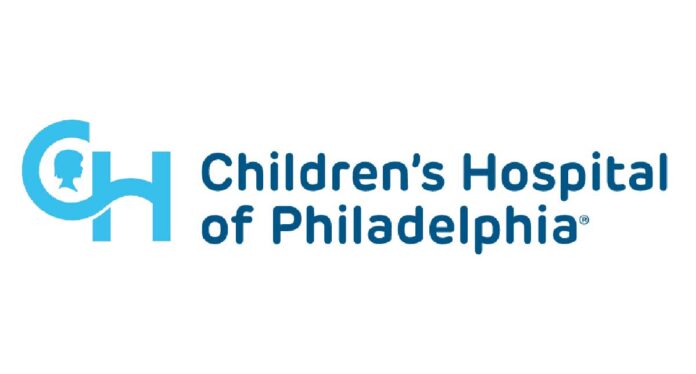Even just a decade ago, parents of trans or nonbinary children did not have many options in terms of finding gender affirming care, whether that be medical care or mental health resources. Dr. Linda Hawkins created CHOP’s Gender and Sexuality Program in 2014, which offers trans youth and their families comprehensive gender assessment, gender affirming medical care, support groups, referrals for outpatient therapy, surgical referrals, legal support, insurance advocacy and much more.
“What we really try to do with this program is create a one-stop shop for families’ needs,” Hawkins said. “When I started the program it was hard to find therapists, doctors and school advocates. What I really wanted to do was have a place where you come into my office, you sit down, you take a deep breath and parents just get to go back to being parents. They don’t need to be case managers, insurance specialists and advocates in that way of having to find the resources.”
Hawkins co-leads the Gender and Sexuality Program team with Dr. Nadia Dowshen. Since the program’s inception, the team has worked with more than 3,000 patients, many of whom hail from Pennsylvania, New Jersey, Delaware and New York. In addition to medical and mental healthcare, the program provides trans-competent training for medical students, pediatricians, educators, religious leaders and other community leaders. The program’s specialists also engage in research and quality improvement projects to continue to provide the best care to trans youth and their families.
“Our goal every day is to break down the barriers that prevent or delay or make it hard to get good care,” Hawkins said.
In recent months, conservative U.S. legislators have been doing everything in their power to create roadblocks for trans youth in accessing gender-affirming care and engaging in everyday activities that contribute to overall health. In 2021, lawmakers in 33 state governments, including Pennsylvania, filed 98 bills in an attempt to prevent trans youth from accessing healthcare, participating in sports that correspond to their gender and availing themselves of other school resources, Fenway Health reported. Both chambers of Florida’s legislature recently passed what’s been referred to as the “Don’t Say Gay” bill, which would prohibit kindergarten through third grade teachers from providing instruction on sexual orientation and gender identity.
“I feel like for families, a big barrier and challenge is what’s happening in the news and how that’s affecting people who disagree with their love for their trans child and our desire to help their trans child,” Hawkins said. “We’re able to leverage our credibility as a nationally renowned hospital to stand tall and stand proud when we do this work.”
Hawkins also spoke about how CHOP’s program has evolved over the years. When the program was in its infancy in 2014, most of the referrals that came through were from children in crisis due partly to school bullying and a lack of trans-competent care at school, Hawkins said.
“Our initial focus was, we’ve just got to get kids safe and healthy,” Hawkins continued. “We’ve got to get to survival and heal.”
Now, most of the referrals that Hawkins and the gender and sexuality team receive come from pediatricians who are having initial conversations about gender identity with their patients. Other referrals come by way of parents doing research and finding CHOP’s program online.
“We’re now meeting kids way up the river, way ahead of years of stress,” Hawkins said. “I feel like we’re really moving into the generation of thriving. We’re now meeting kids and just celebrating thriving.”
When Hawkins began working with LGBTQ+ kids as a mental health provider roughly 22 years ago, her goal and that of her colleagues was to keep trans children alive. “Not going to a funeral in a year was a success,” she said.
These days, Hawkins and her colleagues from around the country are seeing their trans and nonbinary patients doing well in different ways, whether that manifests in getting a wedding invite from a former patient or seeing a patient prepare for college.
“That’s where I’m seeing things change,” Hawkins said. “We still have kids coming in crisis and we’re so grateful to be able to be here to support them and their families. And we have many more kids who are coming in ready to celebrate who they are.”
For more information about CHOP’s Gender and Sexuality Program, visit https://www.chop.edu/.

